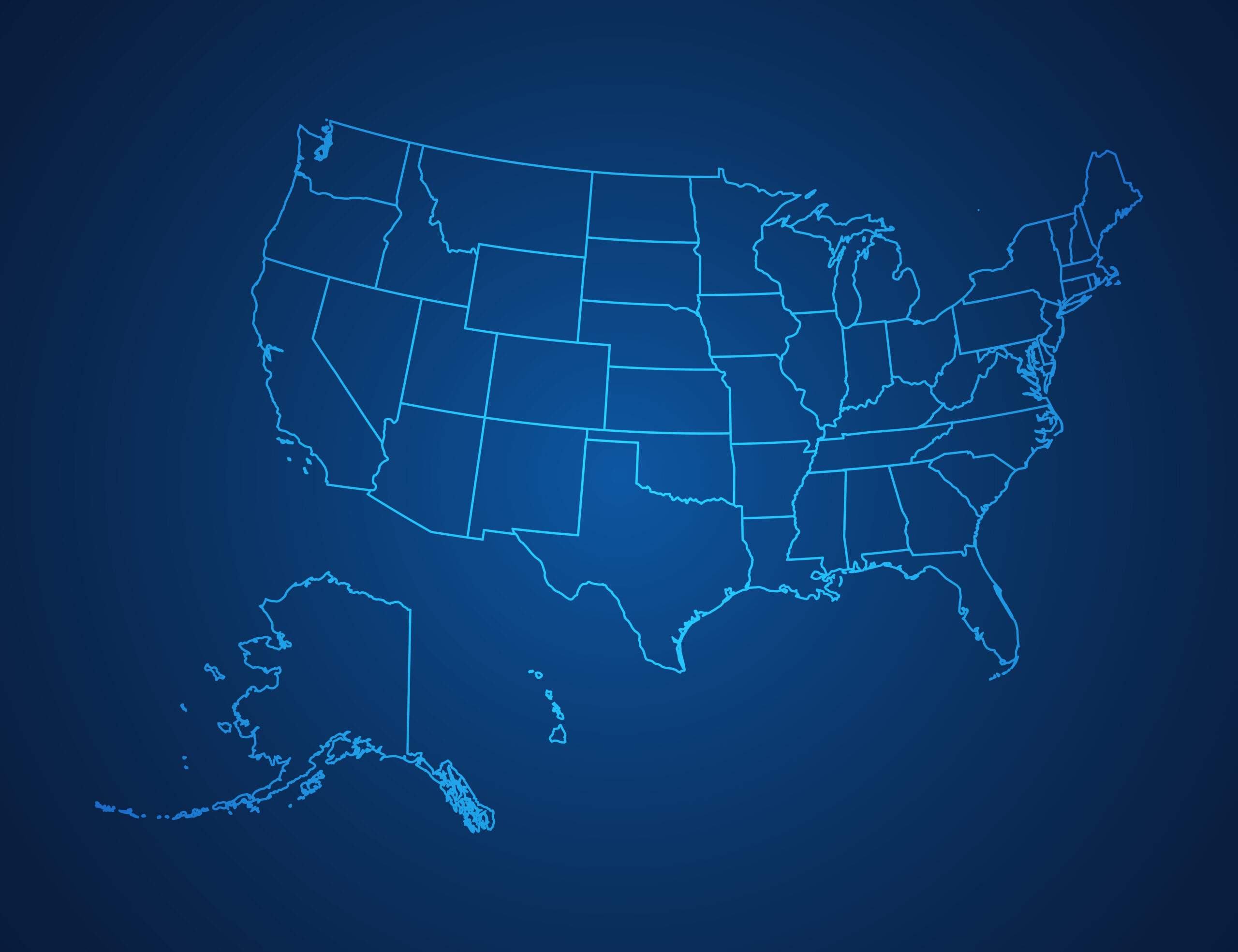
Processing of Personal Data for AI Training in Brazil: Takeaways from ANPD’s Preliminary Decisions in the Meta Case
Data Protection Authorities (DPAs) across the globe are currently wrestling with fundamental questions raised by the emergence of generative AI and its compatibility with data protection laws. A key issue is under which legal basis companies might be able to process personal data for training AI models. Another one is how the rights of individuals […]

Do LLMs Contain Personal Information? California AB 1008 Highlights Evolving, Complex Techno-Legal Debate
By Jordan Francis, Beth Do, and Stacey Gray, with thanks to Dr. Rob van Eijk and Dr. Gabriela Zanfir-Fortuna for their contributions. California Governor Gavin Newsom signed Assembly Bill (AB) 1008 into law on September 28, amending the definition of “personal information” under the California Consumer Privacy Act (CCPA) to provide that personal information can […]

The Privacy Act of 1974: 50 Years Later Virtual Webinar
The Future of Privacy Forum (FPF) and the FPF Center for Artificial Intelligence invite you to join us for a live virtual webinar on Thursday, November 21 from 12:00 – 1:00pm ET to commemorate the 50th anniversary of the passage of the Privacy Act of 1974.* We will explore the significance of the milestone U.S. […]

The Multistate AI Policymaker Working Group
The Multistate AI Policymaker Working Group (MAP-WG) is a bipartisan assembly of over 200 state lawmakers from more than 45 states, brought together by the Future of Privacy Forum. The Group’s primary aim is to foster a shared understanding of emerging technologies and related policy issues. FPF convenes and provides an administrative platform for the […]

Comment Submitted To The FCC On AI Call Detecting, Alerting, And Blocking Technologies
The Future of Privacy Forum (FPF) submitted comments in response to the Federal Communications Commission’s (FCC, or Commission) Notice of Inquiry (NOI) on technologies that can alert consumers that they may be interacting with an AI-generated call based on real-time phone call content analysis.

Updated February 25, 2025: FPF no longer coordinates the Multistate AI Policymaker Working Group
Updated February 25, 2025: FPF no longer coordinates the MAP-WG. Please read here for more information. Future of Privacy Forum Convened Over 200 State Lawmakers in AI Policy Working Group Focused on 2025 Legislative Sessions The Multistate AI Policymaker Working Group (MAP-WG) was convened by FPF to help state lawmakers from more than 45 states […]

Vector,Map,Of,United,States,Of,America,(usa),Abstract,Blue
vector,map,of,united,states,of,america,(usa),abstract,blue

Synthetic Content: Exploring the Risks, Technical Approaches, and Regulatory Responses
Today, the Future of Privacy Forum (FPF) released a new report, Synthetic Content: Exploring the Risks, Technical Approaches, and Regulatory Responses, which analyzes the various approaches being pursued to address the risks associated with “synthetic” content – material produced by generative artificial intelligence (AI) tools. As more people use generative AI to create synthetic content, […]

Out, Not Outed: Privacy for Sexual Health, Orientations, and Gender Identities
Co-authored by: Judy Wang (FPF Intern), Jeter Sison (FPF Intern), Jordan Wrigley (FPF Data and Policy Analyst, Health & Wellness) On National Coming Out Day, it’s important to recognize that Coming Out is a right of passage for many LGBTQ+ individuals and a decision that they should be empowered to make for themselves. Protections for […]

FPF Submits Comments to Inform New York Children’s Privacy Rulemaking Processes
At the end of the 2024 legislative session, New York State passed a pair of bills aimed at creating heightened protections for children and teens online. One, the New York Child Data Protection Act (NYCDPA), applies to a broad range of online services that are “primarily directed to children.” The NYCDPA creates novel substantive data […]
